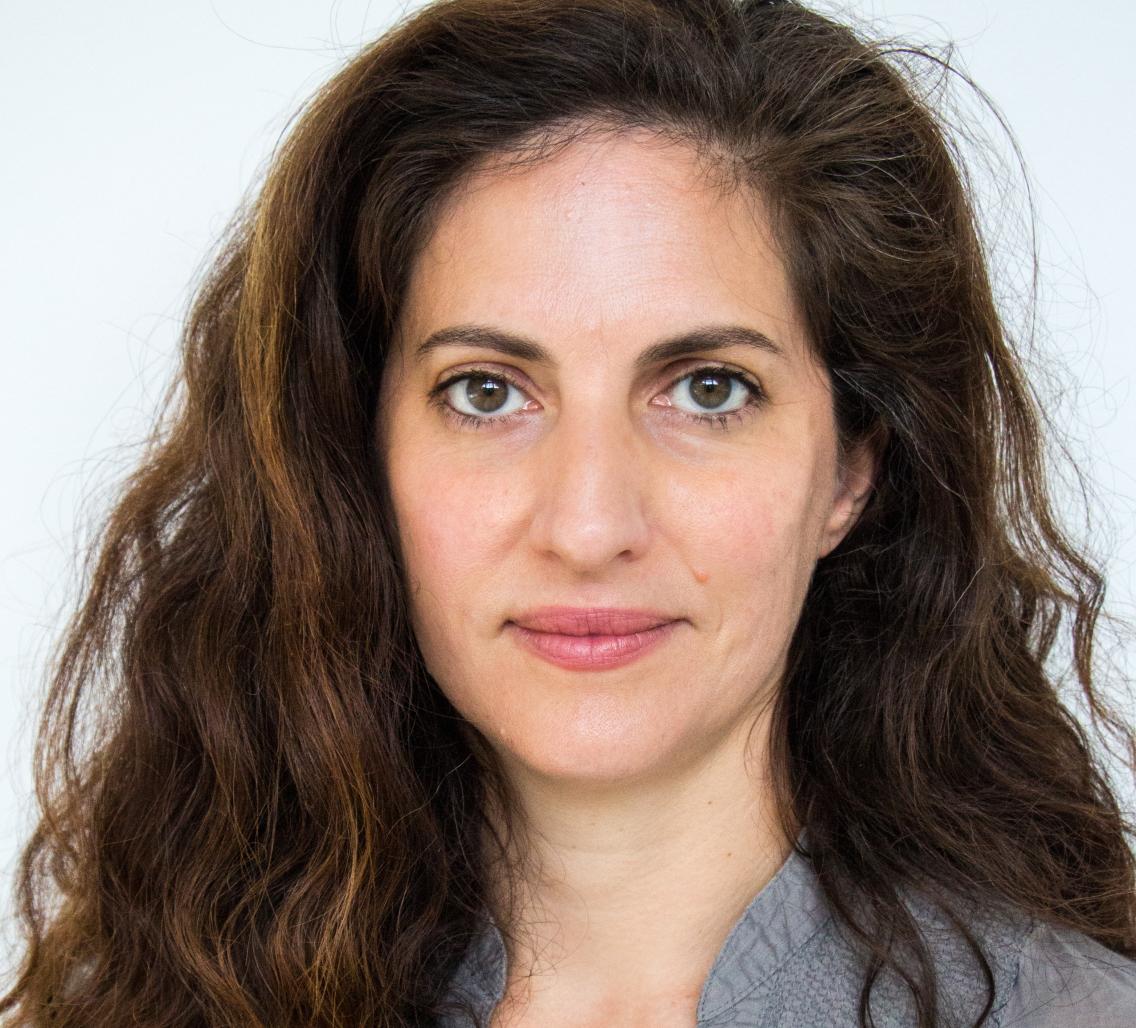Event Details:

Speaker
Lila Davachi
Columbia University
Dr. Lila Davachi received her bachelor’s degree in psychology from Barnard College and her Masters and Ph.D. in Neurobiology from Yale University. She conducted her post-doctoral research at the Massachusetts Institute for Technology in the Brain and Cognitive sciences department. She started her research group at the New York University in 2004 where she was Professor of Psychology and Neuroscience and served as the Director of the Center for Learning, Memory and Emotion at New York University. She moved her research group to Columbia University in 2017 where she continues to conduct behavioral and neuroimaging investigations into how humans encode and consolidate their experiences in memory and how these memories are organized into knowledge. Lila is a recipient of the prestigious Young Investigator Award from the Cognitive Neuroscience Society in 2009 and Columbia University’s Lenfest Distinguished Faculty Award. She is an elected member of the Society of Experimental Psychologists (SEP) and the Association for Psychological Sciences (APS).
Session Overview
The life of a memory: post-encoding reactivation and reorganization of episodic memory
The profound deficit in acquiring new episodic memories after hippocampal damage in humans was a turning point in the history of memory research. Dr. Davachi will present her lab's work examining human memory replay — measured locally in the hippocampus and cortex and evident in the connectivity patterns between these two areas. Replay measured in this way is sensitive to reward and threat and the persistence of encoding activity patterns has been shown to not only be related to memory strengthening (i.e. consolidation) but also to influence ongoing cognition — partly by altering the ‘brain state’ under which new information is encoded. Finally, the ability to track multiple memories in the same person allows Davachi's team to measure how and when experiences are integrated in long-term memory — highlighting the emergence of structured memory representations with consolidation.